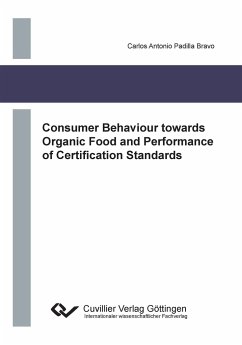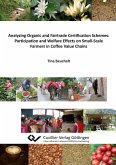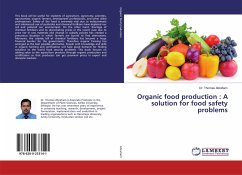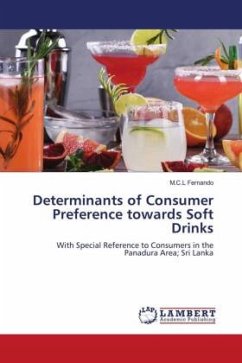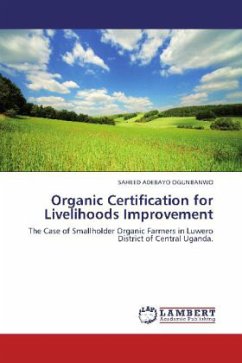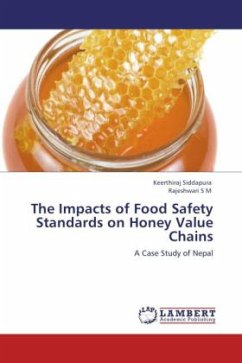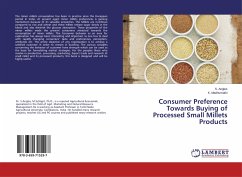Predicting and understanding consumer behaviour in food markets is a complex task. One aspect that has contributed to increase the complexity of the analysis of consumer choice behaviour is the rise of credence goods in the food industry. Among credence goods or attributes, organic farming currently enjoys a privileged position in the agribusiness sector. The available body of organic food literature, however, suggests that there is conflicting evidence about the main forces driving consumer decision-making in different organic markets. Thus, to sustain the current success of the organic food market it is critical to increase the understanding of consumer choice behaviour. Despite the efforts made by the food industry to satisfy more sophisticated consumer demands, the outbreak of several food crises and scandals with intensive media coverage and the use of food-related technologies have increased consumer risk-perception in the food industry. As a result, public and private certification schemes to communicate and guarantee food quality and safety to consumers have proliferated. Although certification schemes have been designed to protect consumers and correct for market imperfections, they have sometimes failed in this respect with detrimental consequences for their reputation and their acceptance by different actors throughout the whole food supply chain. Analysing survey data and official reports with multivariate statistical methods this dissertation aims to answer a set of research questions and fill research gaps in the food literature with respect to consumer behaviour in the organic food market and the performance of certification standards in the (organic) food industry. Additionally, some aspects regarding consumer behaviour towards homemade food are discussed. These topics are covered in six research articles, which are collected in this book into three chapters.

